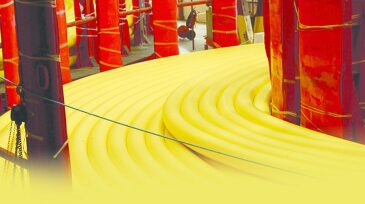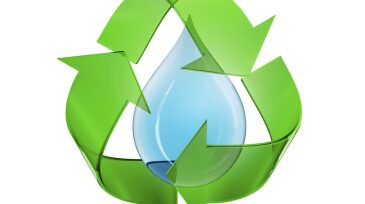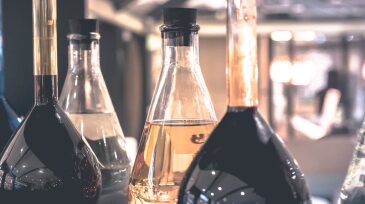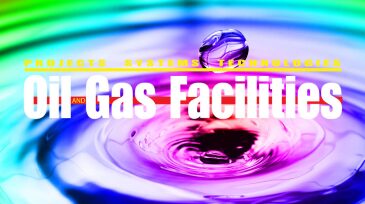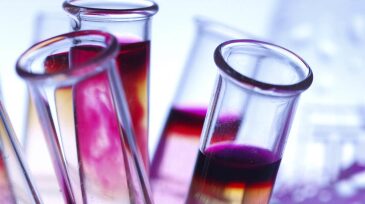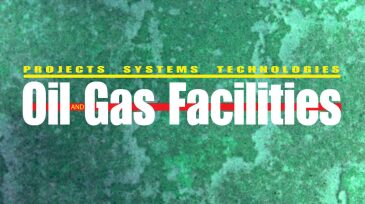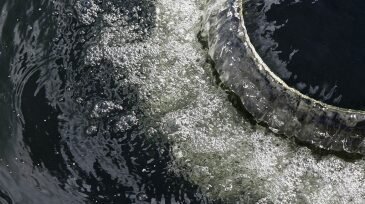produced water
-
Enhanced oil recovery processes, particularly offshore, create challenges for produced water treatment. This option reviews technology options and current applications.
-
Produced water has typically been viewed as a waste product to be disposed. A recent webinar explored ways that this waste can be turned into value through treatment and reuse. Available options vary with the quality of the produced water.
-
Changing the salinity of injection water could make the difference in getting more out of existing wells.
-
Using low-sal water for flood can add 30% to the amount of oil that can be recovered from a reservoir. What is the theory behind it?
-
Ted Frankiewicz' Distinguished Lecture presentation on “Diagnosing and Resolving Chemical and Mechanical Problems in Produced Water Treating Systems” was the subject of a recent webinar.
-
A recent webinar discussed current technologies to enable reuse of produced water in gas and oil shale developments.
-
The oil and gas industry is sometimes slow to adopt new technologies and other times quick to deploy a new approach. The decision whether to try something new weighs the perceived risks and rewards.
-
The high level of dissolved iron commonly present in the Marcellus waters of Pennsylvania and West Virginia adversely affects the ability of scale inhibitor to inhibit calcium carbonate scale. This study tests two new products under a range of conditions.
-
Water handling is becoming increasingly important as a technical and economic tool for improved oil recovery and enhanced oil recovery (EOR) projects. A global series of workshops to address these issues has been planned.
-
The author reviews advances in produced water treatment, particularly offshore, since the 1960s. Regulations on discharge quality have been a major driver in the improvement of treatment technology.

